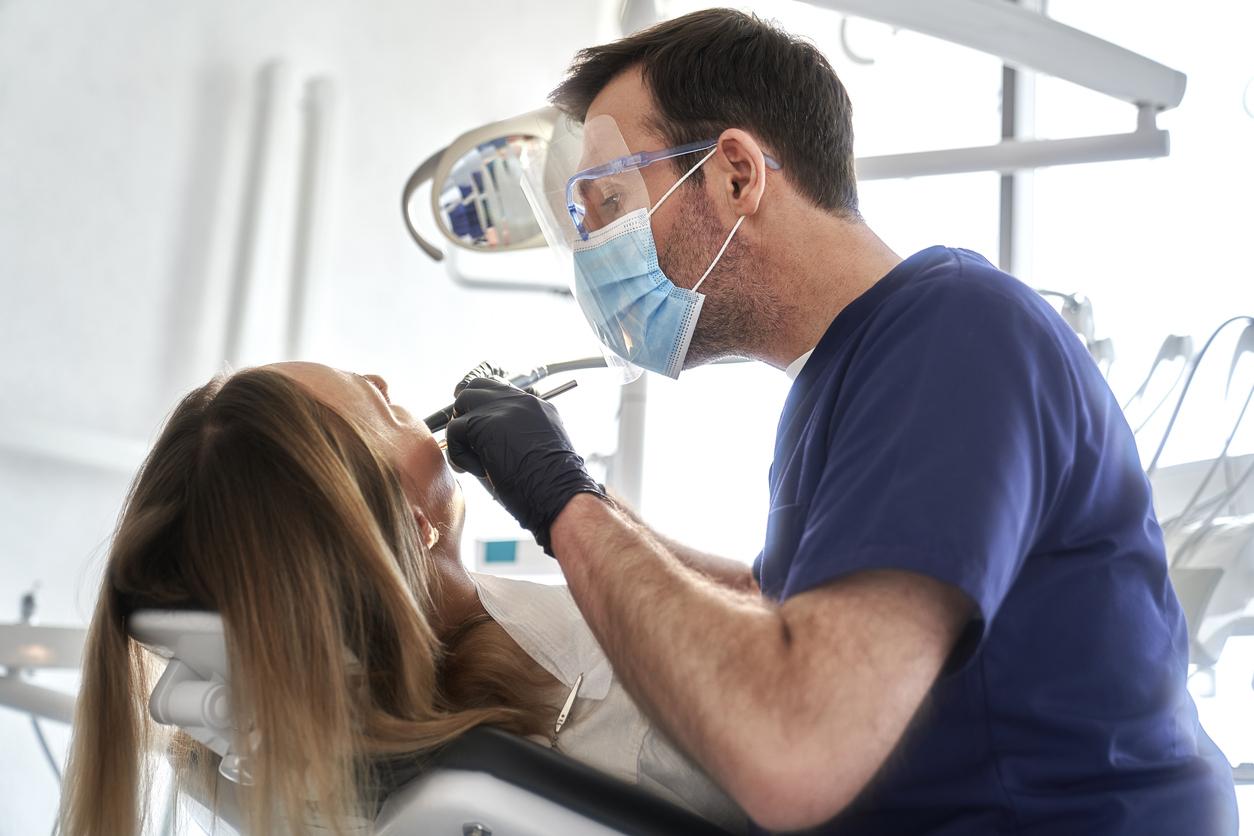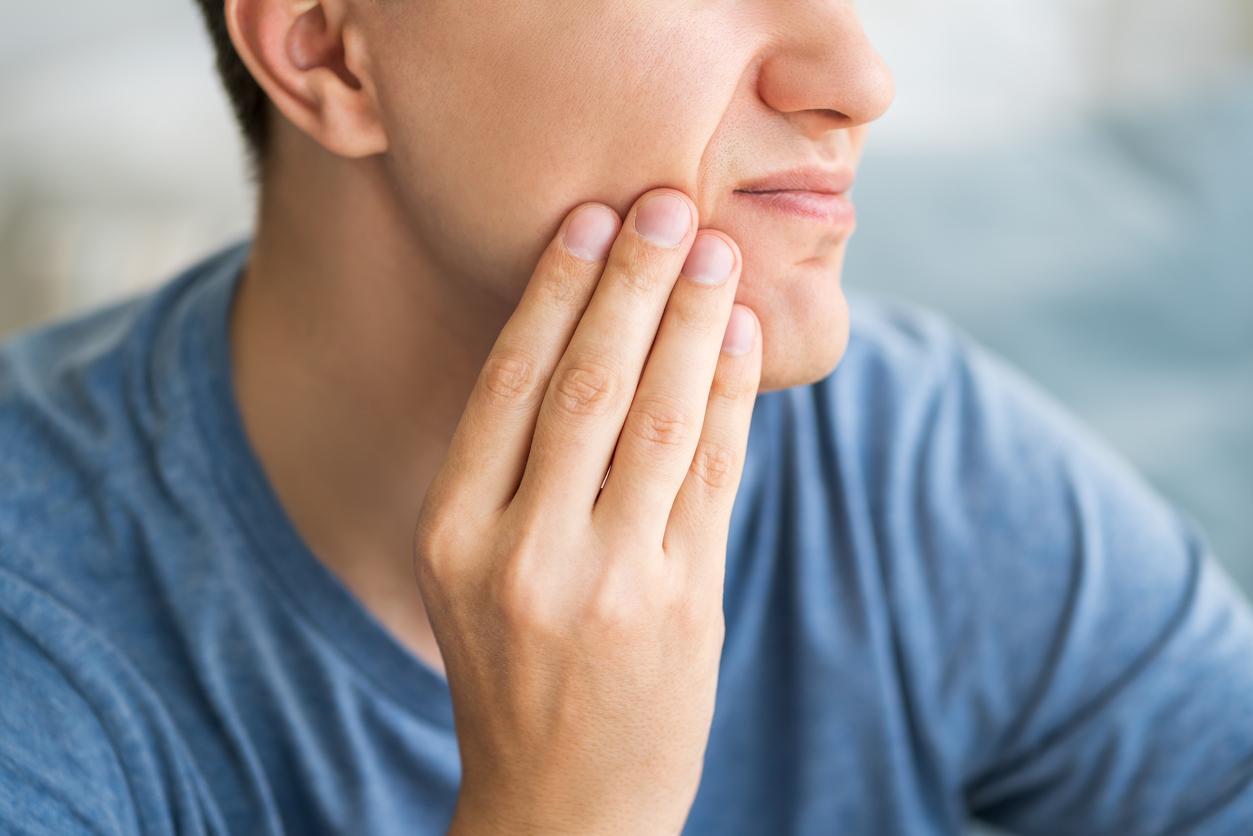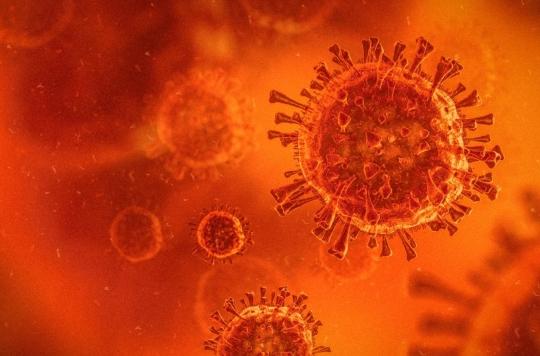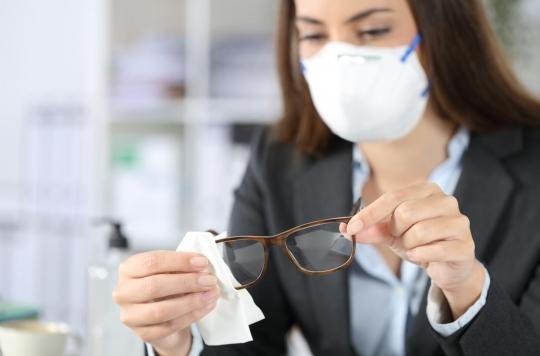To improve access to care, the CNOM proposes to draw inspiration from the initiatives launched successfully in the territories. They are largely based on nursing homes.

France has never had so many doctors, and yet getting treatment has become a nightmare for some patients. In question: long waiting lists, retirements without replacements and the development of medical deserts.
A phenomenon that affects both rural areas and cities, and which worries the inhabitants of these under-resourced regions. The subject was also invited into the 2017 presidential debates. Directly concerned, the National Council of the Order of Physicians (CNOM) is actively participating in this debate by publishing a new report entitled “Improving the supply of care: successful initiatives”.
The institution’s observation is severe: the current health system is at a standstill and cannot manage to reinvent itself. However, in the territories, initiatives are emerging and are likely to attract young doctors. So for a year, Dr. François Arnault, general delegate for internal relations at the CNOM, toured France to discover these projects carried out by local actors. A hundred initiatives capable of saving medical demography have thus been identified.
At the end of this inventory, the rapporteur notes 4 main categories of initiatives “which are already bearing fruit in the territories”. This is the creation of multidisciplinary health centers (MSP) which allow a grouping of health professionals, support and encouragement for professionalizing internships for students, the implementation of multiple places of exercise and the assistantship of established doctors.
Gather professionals
To date, nearly 900 health centers are in operation. These structures, which bring together doctors and paramedical professionals, meet the expectations of young doctors. Group work, possibility of part-time work, sharing of administrative tasks… All these guarantees provided by the group of doctors bring “stability” and “comfort” to young practitioners, and reassure them, the report indicates.
These initiatives are neither “innovative” nor “original”, recognizes Dr. François Arnault, but they work. Mayenne, Finistère, Aveyron or even Meuse have in any case relied heavily on these structures. In some departments, town halls have signed agreements for doctors from nursing homes to travel to the villages and provide care at least once a week. “A reproducible project that can be adapted to other situations in the territory”, assures the report.
But these structures do not only appeal to practicing practitioners. The young generation still on the benches of the university favor these nursing homes when choosing their internship, to the detriment of isolated practices. Dr. Arnault welcomes, in particular, the creation of university MSPs who wish to act in the training of doctors. He cites in particular that of Sucy en Brie (Val-de-Marne) where all practitioners are required to be an internship supervisor, or Saint-Pardoux-la-Rivière (Dordogne) which provides accommodation for interns.
For the authors of the report, these organizations are today “the essential relay of the training policy”.
Delegation of tasks and telemedicine
To improve access to care, Dr. Arnault also cites the growing role of telemedicine. Several municipalities, and in particular islands, opt for these platforms and cabins which allow access to a doctor by videoconference.
Another solution: the delegation of tasks. In ophthalmology, orthoptists can carry out certain examinations and renew prescriptions in place of the specialist, which makes it possible to reduce waiting times. An experiment that has proven itself in Seine-Maritime, Sarthe or Rhône-Alpes. Delegations of competence have also been set up in many regions between general practitioners and nurses. They are notably in charge of therapeutic education for diabetic patients.
.












